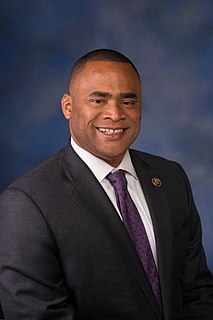A Quote by Wang Jianlin
Real estate deals a lot with the government. It isn't like manufacturing, logistics, home appliances or the auto sector, which deal with consumers.
Quote Topics
Related Quotes
Today the strategies of many companies in the real estate industry are premised on low interest rates, an assumption that has resulted in the rapid expansion of the real estate securitization business. This trend could be regarded as a risk factor, as it exposes the real estate sector to at least three potential problems: first, interest rate hikes; second, revisions to securitization business accounting standards; and third, overheating in the real estate market.
My object, having a surplus to deal with, is to consider how I can deal with it to the greatest advantage to the consumer - how, without inflicting any injury on Canada, I can secure the most substantial benefit to this country, to the manufacturing, to the commercial, and to the agricultural interests. The real way in which we can benefit the working and manufacturing classes is, unquestionably, by removing the burden that presses on the springs of manufactures and commerce.
Neither the George W. Bush nor the Obama administrations volunteered to bail out G.M., Chrysler and other parts of the auto sector. Both subscribed firmly to the longstanding American principle that government should resolutely avoid these kinds of interventions, particularly in the industrial sector.
To keep up with the demands of the growing manufacturing sector, our Government is pleased to invest in the establishment of the Saskatchewan Manufacturing Centre of Excellence. Training skilled workers and increasing productivity and innovation are essential to the continued growth and prosperity of Saskatchewan, and Western Canada.
Turkey has had a customs union with Europe since 1996, and there's free trade in everything other than farm products and services. And Turkey has shown that it can compete. It's good at making cheap goods - household appliances, food, detergents, cheap clothes. And they make a lot of white goods, cheap TVs, washing machines, electric appliances, steel, and, recently, auto parts. And Turks are gradually moving into IT.

































